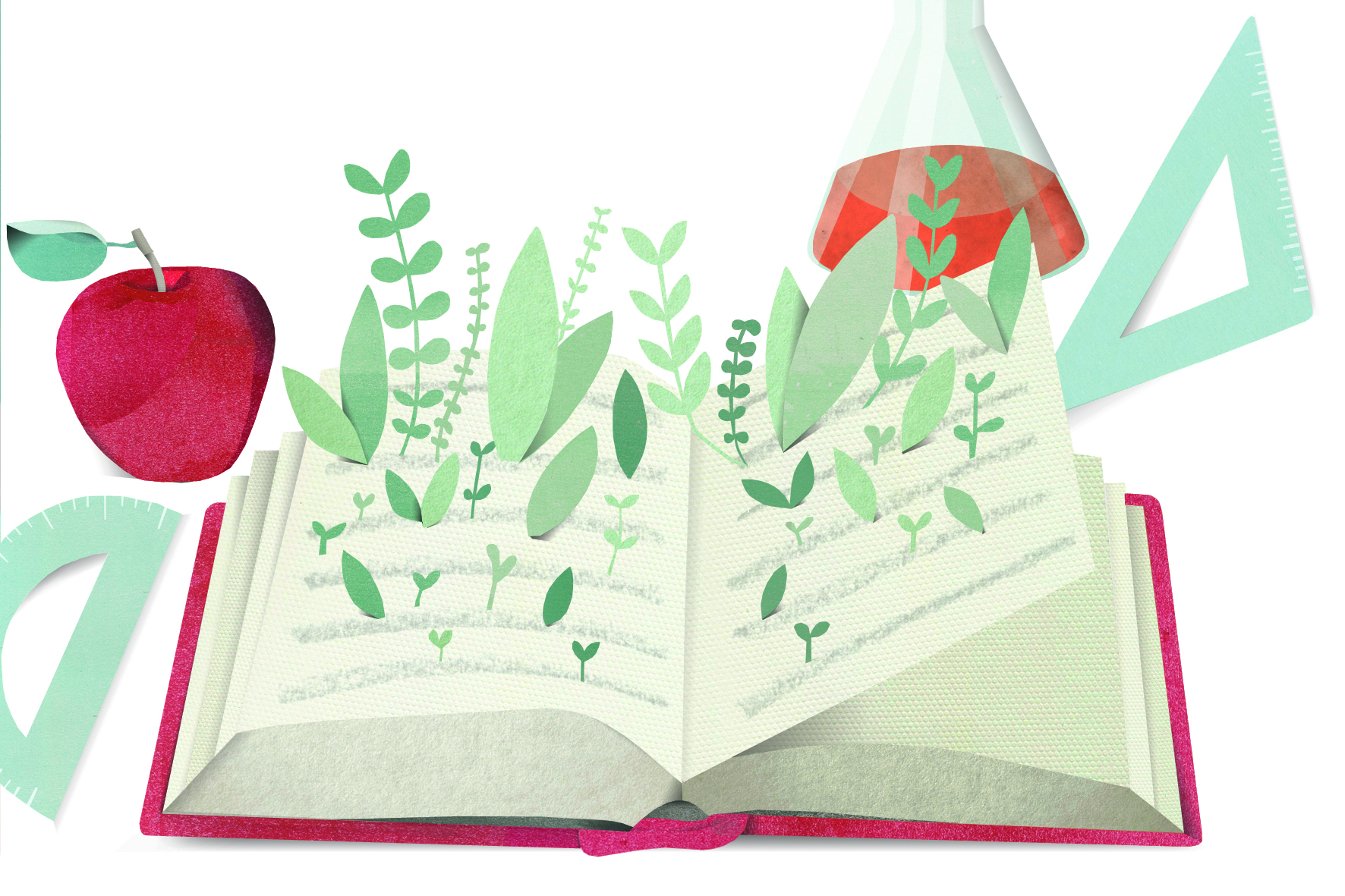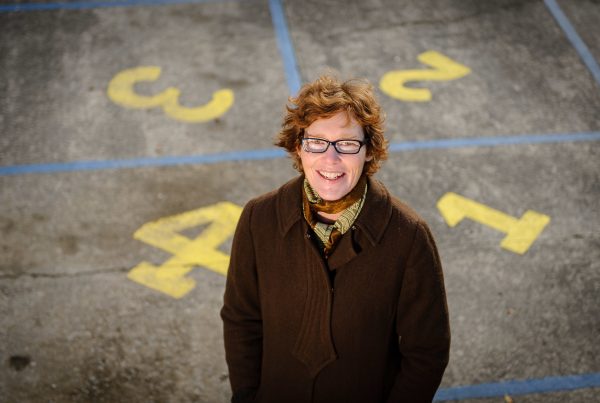
The Programme for International Student Assessment (PISA) is a yardstick by which countries measure educational competitiveness. The PISA is a valuable macro-measure used by countries to inform public policy. It tests achievement of 15-year-old students in the core subjects of mathematics, science and reading, reporting every three years on the outcomes. When the results from PISA were published in December last year, predictably there was breast-beating by the media in those countries whose performance had slumped, including New Zealand.
How the educational achievement of New Zealand youth stacks up against that of other countries matters, so it was of concern to learn from the PISA report that student performance in mathematics, science and reading had declined since 2009 relative to other members of the OECD. New Zealand’s rankings fell in mathematics from 13th to 23rd, in science from seventh to 18th, and in reading from seventh to 13th. Another international test, Trends in International Mathematical and Science Study (TIMSS) 2010/2011, noted a similar decline in the mathematical performance of Year 5 and Year 9 New Zealand students. Only 4 percent of New Zealand students can conceptualise, generalise and use advanced maths in creative ways, which is what the highest performance level in PISA requires. In comparison, the figure for students in Shanghai, the rock star of the PISA results, is over 30 percent. Our challenge is to close that gap.
Encouragingly, students in high-performing countries said that achievement was mainly a product of hard work rather than inherited intelligence. The report also draws some conclusions about teaching approaches that raise student results. This highlights the importance of the teacher in lifting student achievement and raises the question: what can we do better in New Zealand classrooms to improve performance in these core subjects, which underpin all academic learning? I have a few suggestions.
Like most schools, Queen Margaret College hosts and leads a number of exchanges throughout the year with sister schools and these provide yet another measure by which we can compare our educational offering with that of other countries. It is my observation that students from Chile, Japan, China and South Korea are much further advanced in mathematics than our New Zealand students, who can drop this essential subject after they have fulfilled what is a light numeracy requirement at NCEA Level 1. Numeracy also meets New Zealand university entrance requirements but is insufficient for those rigorous tertiary courses that require greater mathematical skills. Many New Zealand parents who are unfamiliar with our ‘flexible’ secondary qualification or those whose experience is from another country are shocked to discover that a mathematics course is not compulsory through to Year 13, especially as there is considerable cross-over between this subject and science, where we also need to lift our game.
Another point of difference is the specialist knowledge of the teachers. I have met many overseas primary and secondary teachers with post-graduate degrees in mathematics. In New Zealand, however, you would be hard pressed to find teachers with mathematics majors – and in primary schools, where the vast majority of teachers hold generalist degrees, it is almost an impossibility.
If New Zealand is to compete in the modern world, a world where the power of the ubiquitous digital environment is a major lever to success, our weaknesses in primary teaching of mathematics and science and the inadequacies of the structure of NCEA must be addressed.




